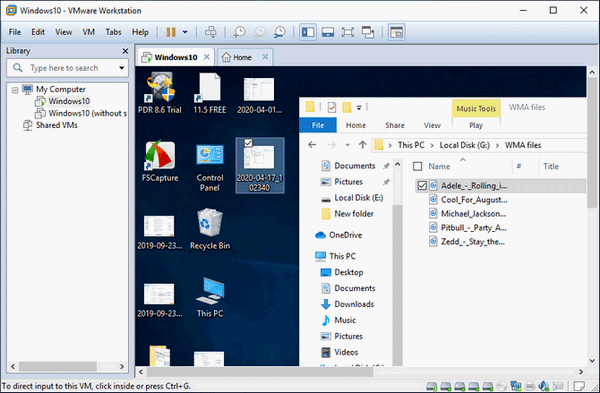

With that general introduction out of the way, let us now compare each option’s performance under separate heads. If you are compelled to compromise with closed source software, it is likely that you have a good “business” reason behind it, and so we will review Parallels Workstation in this article. A cheaper, non-enterprise version by the name of Parallels Desktop is also available. Parallels Workstation is paid-for, commercial, closed source virtualisation software available for Windows, Mac and Linux. Beyond that, VMware Player offers excellent support for multiple operating systems, and binary downloads are available for both RHEL and Ubuntu users (32-bit and 64-bit). The product is free (as in free beer) for personal use, and paid enterprise versions are available, but sadly, none of the offerings are open source. VMware Player is a commercial virtualisation product that lets you run multiple operating systems on your computer. Like Qemu, VirtualBox is also open source software.

It supports numerous operating systems apart from Linux and Windows, including the likes of BSD, Solaris and even DOS or Windows 3.x. In fact, VirtualBox is so neatly laid out and simple in operation that it should be your first pick if you aren’t already familiar with virtualisation. Even though Oracle primarily projects it as a product for enterprise use, VirtualBox can and does suffice for general computing enthusiasts who would like to try their hands at virtualisation. Oracle VM VirtualBox, or just VirtualBox as it is popularly called, is full-blown virtualisation software typically meant for the x86 architecture. And the best part is that Qemu is open source software. It lets you run Windows programs on your Linux machine, as well as execute guest code directly on host devices. Qemu can be used both as a machine emulator and as virtualisation software. Before comparing these, let’s first look at each of them in isolation. However, in this article, we will focus on four popular options - Qemu, VirtualBox, VMware Player and Parallels Workstation. And talking about virtualisation products for Linux devices, the options are plenty.


 0 kommentar(er)
0 kommentar(er)
